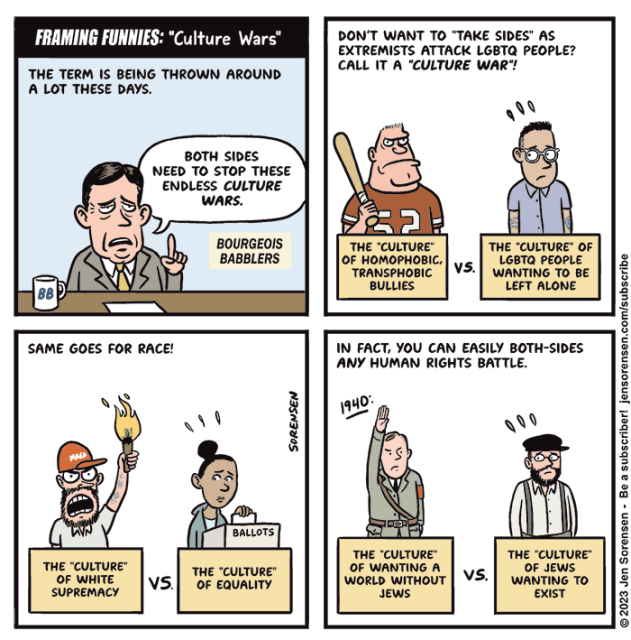Search
Items tagged with: framing
Contemplation ~ Algarve, Portugal 🇵🇹
• Smena-8 (LOMO, USSR, 1963)
• Watameter Super Rangefinder (Edmund Wateler, Braunschweig, West Germany, 1954)
• Kodak VISION3 250D (ECN2)
#35mm #analog #analogphotography #art #artmatters #beautiful #beautifulwoman #beauty #believeinfilm #blackandwhite #blackandwhitephotography #blackwhite #blackwhitephotography #bnw #bw #bwphotocollective #cave #caves #cliff #cliffs #clouds #dreamy #evening #fediart #filmcommunity #filmisalive #filmisnotdead #filmphotography #fotografia #fotografiaanalogowa #frame #framing #girl #grain #grainisgood #ishootfilm #iso250 #kodak #kodakvision #lady #light #mastoart #model #monochrome #monotone #night #nofilter #oldcamera #outdoors #portrait #portugal #rollfilm #scenery #sea #shootfilmbenice #shotonfilm #woman #wonderfulwoman



